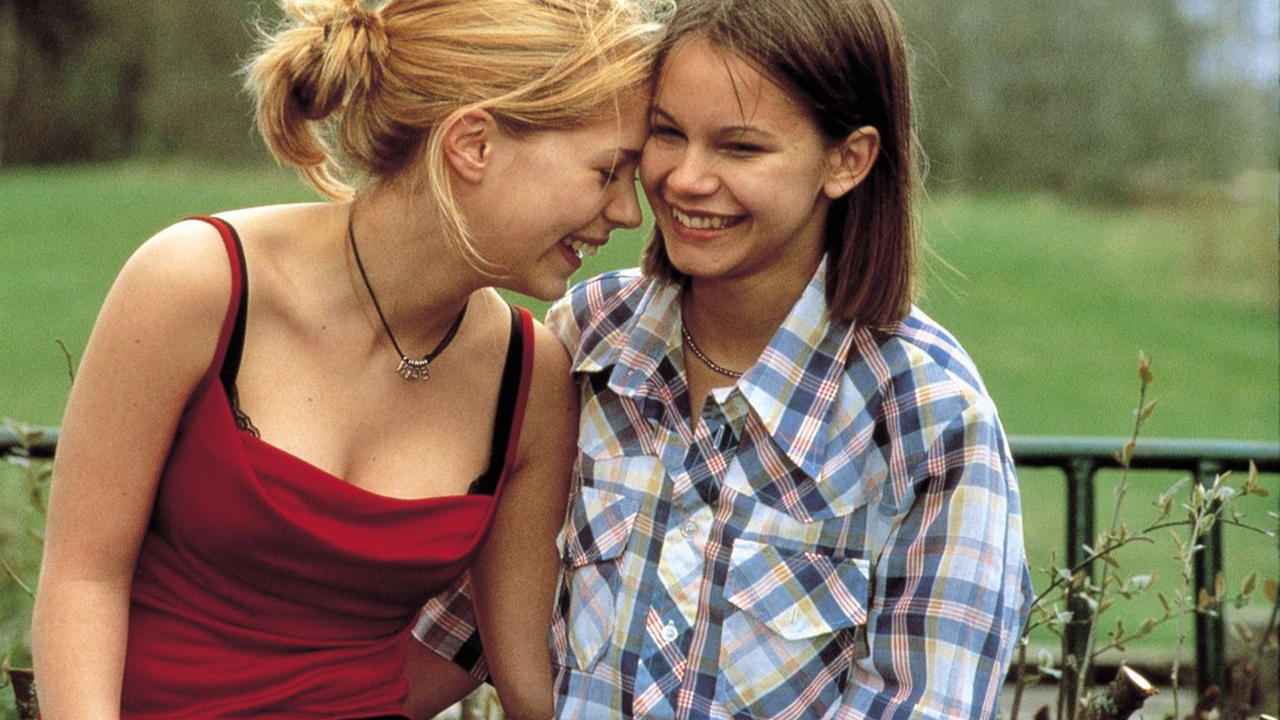Set in the small town of Åmål, western Sweden, the debut feature by Lukas Moodysson (We Are the Best), is itself a metonymy for the bigger questions of life. It's playful and dead serious at the same time, in the way it portrays teenager Agnes, who, after two years of living in Åmål, still hasn't made any friends that would attend her birthday party. Instead, she spends her time typing away on her computer, poetic diaries and love confessions to a girl from school named Elin. She's the popular one and therefore, out of reach. The amount of tension and escalating ambivalence the film conjures with just a simple narrative decision—a bet, a kiss, an apology—is palpable throughout the 86 minutes of its runtime. A perfect capsule of lesbian desire and first love, Show Me Love is a gem of a movie; one that would make you think Close was a tad overrated. Oh, and don't forget to add the titular song by Swedish pop star Robyn to your Spotify favorites.
Synopsis
Two teenage girls in small-town Sweden. Elin is beautiful, popular, and bored with life. Agnes is friendless, sad, and secretly in love with Elin.
Storyline
Agnes and Elin are two teenage girls who couldn't be more different—one is lonely and friendless, the other, very popular—but that doesn't stop them from starting a tentative romantic relationship.
TLDR
Show Me Love walked, so Close could run.
What stands out
Cinematographer Ulf Brantås (The Wife, Love and Anarchy) delivers a world of subdued emotion, muted colors, and rapid camera movements that undermine every attempt to grasp reality. Especially for a teenage girl, reality is quicksand. A field governed by the invisible forces of approval and attention, it seems impossible to master. That's why the camera flickers and zooms in and out, as of driven by internal discomfort. For Agnes, the possibility of rejection is much more scarier, when amplified by the prejudice against her sexuality, and the way she's framed in continuous long takes can be seen as a way we as viewers can attend to her. We can care for her by holding the gaze, by sharing her loneliness and her pain. In counterpoint, Show Me Love blossoms when Elin and Agnes share the screen, their energy at once contagious and grounding. Only then, a more relaxed camera can embrace them and their ineffable contradictions.









